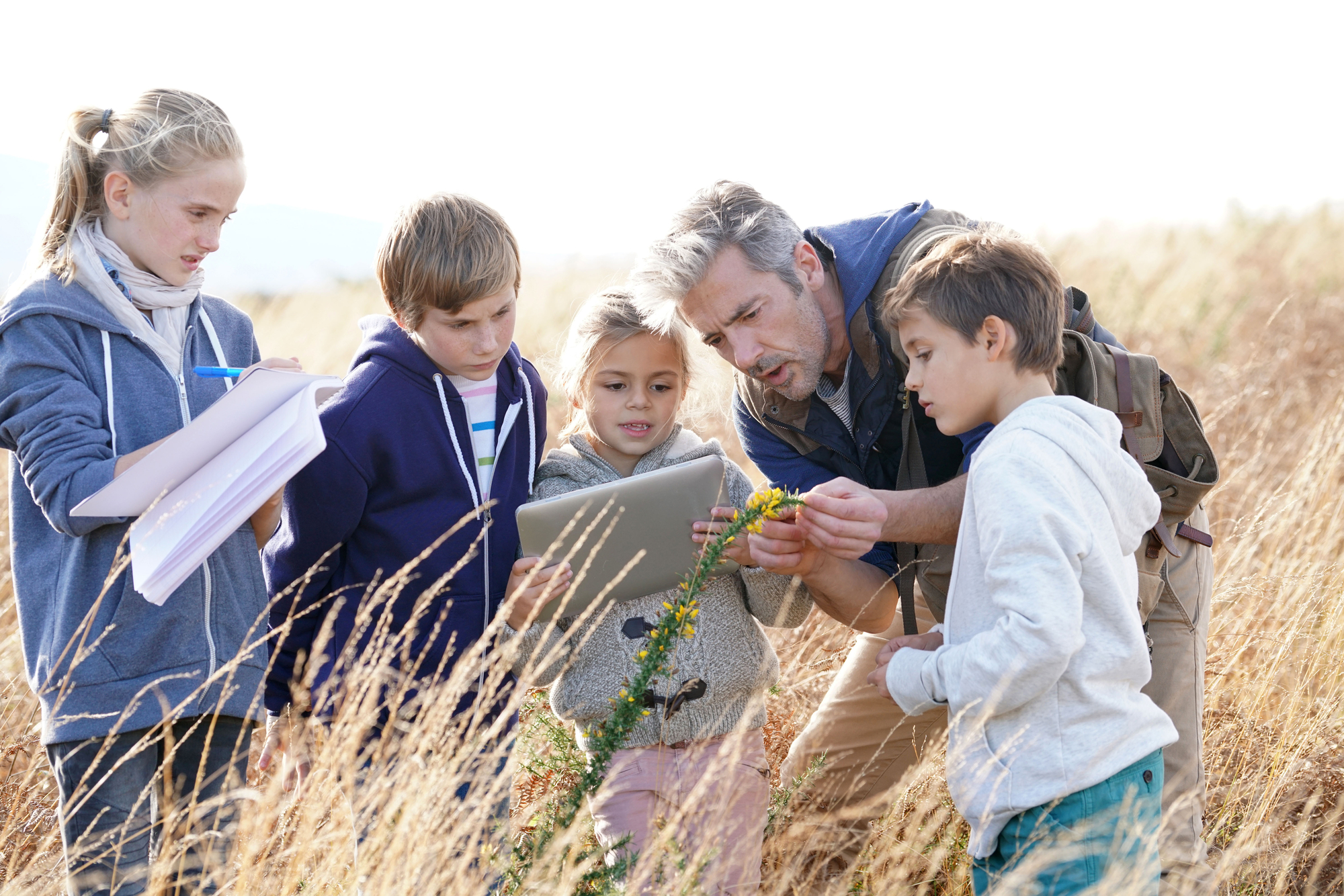Nurturing Reflection for Children
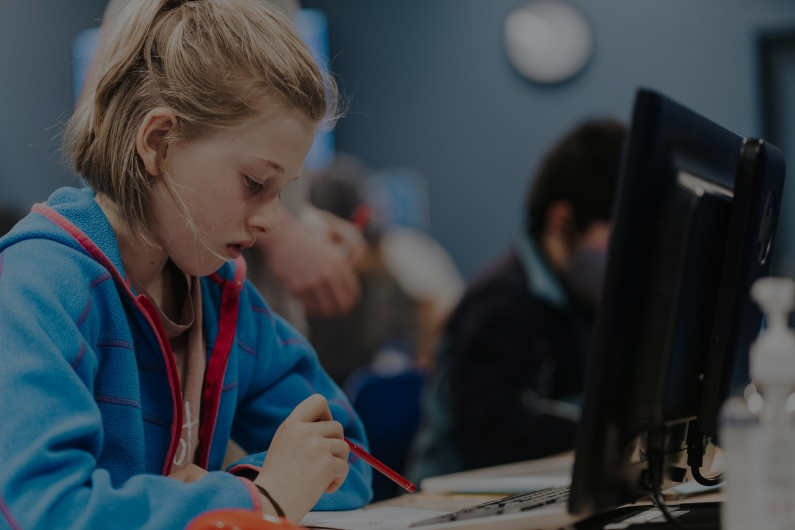
Encouraging children to embrace reflection transcends the mere act of pausing; it involves nurturing skills that form the foundation for questioning, memory retention, investigation, explanation, and consideration of ideas.
This practice, like a key, unlocks a treasure trove of benefits. It is one tool that guides children to learn from their experiences, shape their identities, cultivate positive interpersonal skills, and evolve into critical thinkers who embrace both accomplishments and errors.
Reflection isn't merely a skill that piques young children’s interest; it is a crucial skill woven into their learning journey—a competency that moulds young minds for triumphs in both academic endeavours and life's broader challenges.
Join us as we delve into the remarkable benefits of instilling reflection in your children's learning.
Is your child struggling to keep up with schoolwork? Are they falling behind? Are they bored in class? Or are you looking for extension work for your child? Check out our eBook to learn more about how we help your child improve academically and build confidence through our in-centre after-school tuition.
Journey of Self-Reflection: Unveiling Personal Learning
Consider self-reflection, for children, as a mirror children can hold up to themselves. It is not a fleeting act but a process that helps them unravel their emotions, strengths, areas for growth, preferences, and aversions.
By nurturing robust self-reflection skills in early childhood, parents and educators empower children to cultivate a resilient sense of self.
Through self-reflection, we invite and encourage children to embark on a journey of uncovering what genuinely brings them joy and where their interests lie.
Picture the excitement of a child discovering their talents—a flair for languages, an ability for effective communication, or a newfound passion for subjects like mathematics, language, computer science, or art. This voyage sets the stage for future accomplishments, powered by genuine passion and self-awareness.
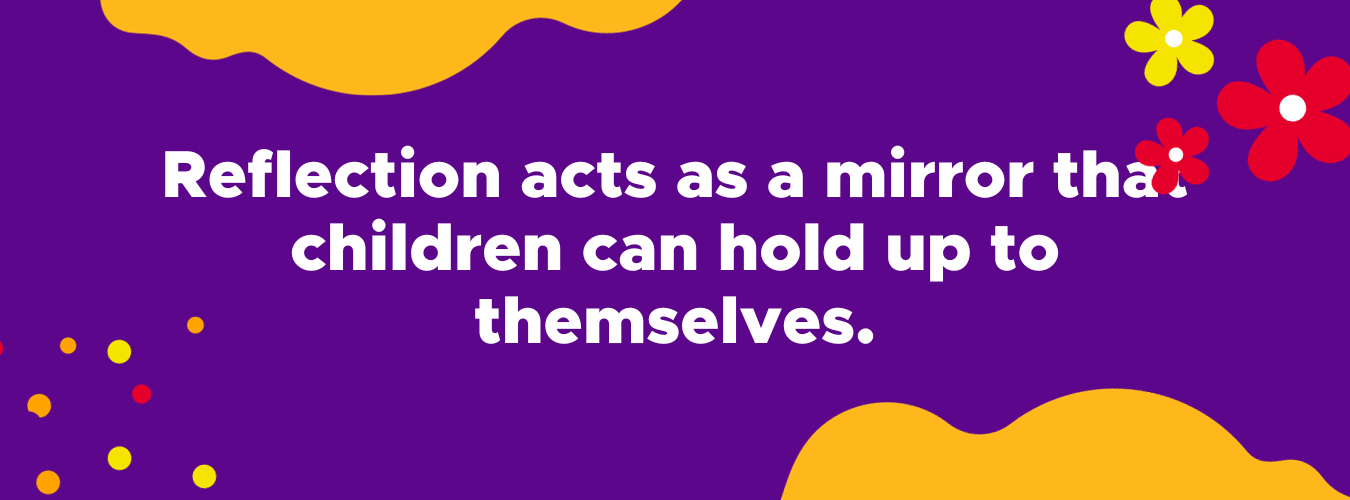
Building Empathy: Understanding Others
Reflection isn't a solitary skill; it's a bridge to comprehending others. Meet Maya, for example, who reflected on a disagreement with her best friend.
Through introspection and self-reflection Maya recognised the validity of her friend's point of perspective, fostering empathy and ultimately healing their friendship.
When children engage in the practice of reflecting upon interactions with peers, family, and educators, they learn insights into relationships and the intricate dynamics shaping those around them.
Reflecting on feedback—whether praise or critique—nurtures emotional intelligence, allowing children to process information, self-reflect, and become attuned to their emotional responses.
This reflective process also nurtures empathy, enabling young minds to mature by acknowledging the emotions, feelings and experiences of those around them.
Transforming Challenges into Triumphs: The Power of the Learning Process
In the face of challenges, reflection emerges as a transformative tool. Meet Alex, who was struggling with a perplexing science experiment. Alex chose to reflect on the struggles rather than surrender altogether. He dissected his learning approach, sought guidance from peers, and ultimately succeeded.
Through guidance, young children learn to distil setbacks into stepping stones. This cultivation of resilience becomes a lifelong attribute deeply ingrained through reflective practice.
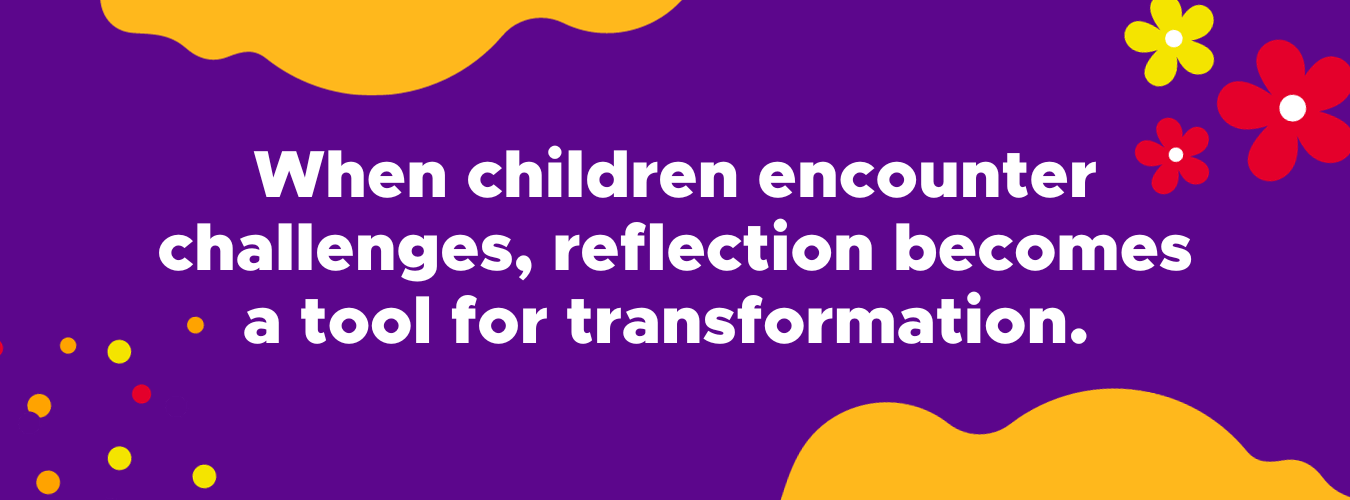
Nurturing Confidence Through Reflection & Self Awareness
As we encourage children to gain insight into themselves, embrace personal growth, and cultivate empathy, their confidence blossoms organically. Reflection equips children with a solid foundation of knowledge, a robust sense of identity, and the courage to do new things and embrace novel challenges.
By seamlessly integrating reflective activities into children’s routines, parents can provide children with tools to help them navigate life's ups and downs with poise and resilience. Through reflection, children learn to perceive setbacks as temporary hurdles on the path to greater triumphs.
Strengthening Weaknesses: Foundation for Growth
Reflections provide a reason for parents and children to talk about their weaknesses. Openly discussing struggles allows children to self-reflect and parents to offer support in overcoming these obstacles.
Consider Lily, reflecting on her struggles with multiplication tables. Lily's introspection led to her parents recognising the need for additional practice, guiding her to hone skills and develop strategies for improvement.
Be it enrolling in after-school tutoring or seeking extra guidance from school, this collaborative approach ensures weaknesses are acknowledged and transformed into strengths in the year ahead.
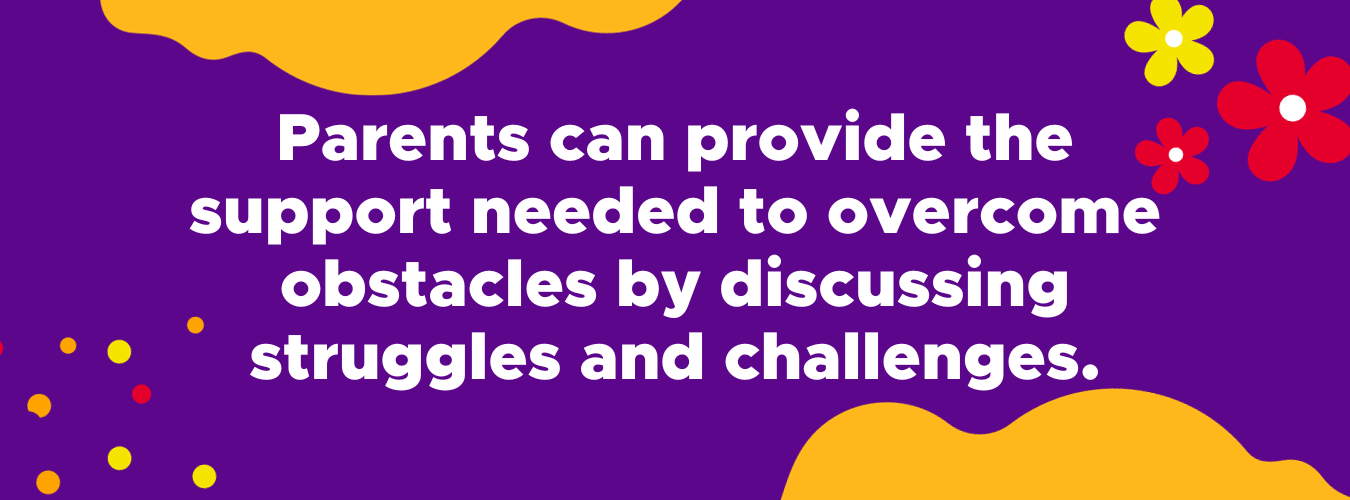
Celebrating Achievements: Embracing Positivity
While reflection fuels growth, it's also a time for celebration. Amidst the pursuit of self-improvement, it's crucial to acknowledge and applaud a child's accomplishments. No feat is too modest; each positive step forward exemplifies dedication, focus, and diligence.
Create an "achievement jar" where children note their triumphs, no matter how minor, and invite children to store them within. In moments of self-doubt, let them draw a note from the jar—this helps children have a tangible reminder of their victories, reinforcing their self-assuredness.
Revisiting Goals: Illuminating the Path of Learning
Reflecting on goals is a potent way to help children to light the path ahead. As children reflect on and assess their goals, parents can guide them in the learning process of understanding their achievements and unmet objectives.
Empower your child to set SMART (Specific, Measurable, Achievable, Relevant, Time-Based) goals. This framework fosters precision and actionable steps in learning experiences, enhancing the effectiveness of reflection and goal-setting.
Equipping for Life: Developing Skills
Fostering reflection extends beyond retrospection; it's about equipping children for the future. Reflective practices nurture memory retention, incite inquiry, encourage open communication and idea exploration, foster clear articulation of ideas, and promote consideration of ideas from various viewpoints—skills that underpin critical thinking.
As we encourage children to hone these abilities, they assemble a toolkit extending well beyond classroom boundaries.
Inspire your child to create, write, and maintain a curiosity journal. Whenever a question or topic arises, they can write it down. Regular reflections on these entries nurture an inquiring habit and create a penchant for reflective questioning and a zest for investigative exploration.
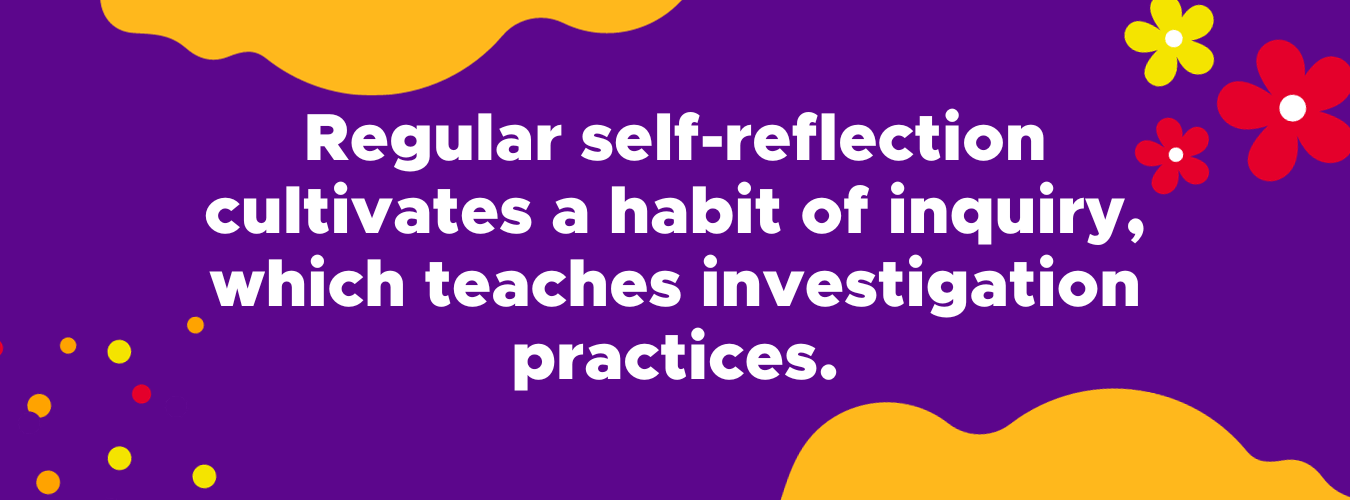
Reflection as a Pathway to Personal Growth
Reflection is a skill that transcends mere pauses in daily life; it evolves into a lifelong practice fostering contemplation, acceptance, resilience, and self-confidence.
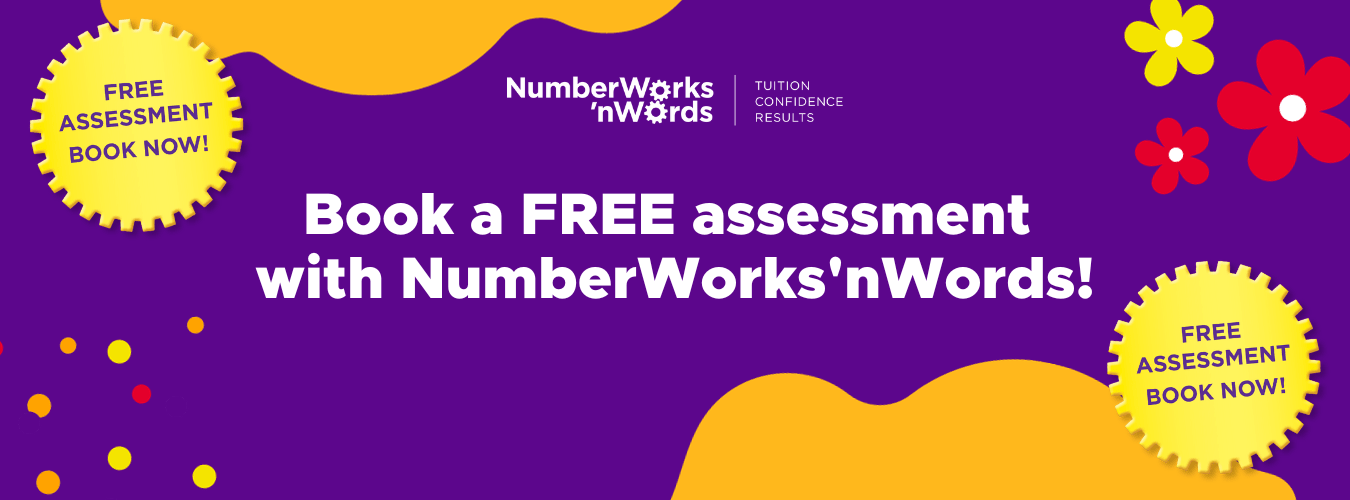
At NumberWorks'nWords, we wholeheartedly embrace the transformative potential of reflective teaching practices. Our approach to maths and English tutoring is deeply rooted in this philosophy of reflective practices, allowing students to reflect on their progress, experiences, accomplishments, and ongoing journey of learning and development. Book your child's free assessment today!



